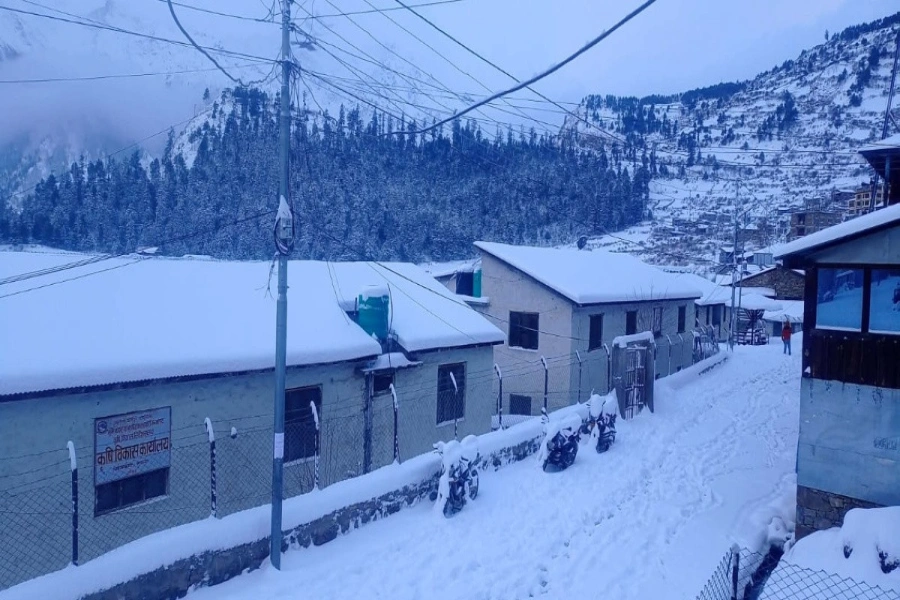KATHMANDU, May 10: The National Planning Commission (NPC) has tightened the noose on the Project Bank after a rising trend of inserting fragmented or unprepared projects under political pressure. After identifying low-priority and unprepared projects, the commission has removed them from the Project Bank, keeping around 7,300 projects.
The commission said it removed over 10,000 projects from the earlier total of 18,000. Currently, 7,337 projects have been registered in the Project Bank system, according to NPC Undersecretary Arjun Bhandari.
The NPC said it is currently registering only those projects that meet the procedures set in the National Project Bank Standards 2081. The concept of the Project Bank was introduced to discourage the practice of randomly inserting projects into the budget.
This system aims to control the inclusion of projects that are not fully prepared, lack secured funding sources, and offer very low returns based on cost.
NPC invites proposals for federal grant projects

Due to the inclusion of unprepared and arbitrary projects, the commission emptied the Project Bank and is now re-entering eligible projects. NPC Vice-Chair Shiva Raj Adhikari said the commission is now giving first priority to projects that can be completed immediately.
He made these remarks while discussing the formulation of the upcoming fiscal year’s Annual Development Program and Medium-Term Expenditure Framework.
Vice-Chair Adhikari said the commission will categorize projects into two types: those under study and those for implementation. He added that only projects worth more than Rs 30 million will be eligible for implementation.
“Projects worth less than Rs 30 million are not allowed to be entered into the National Project Bank,” he said.
He stated that even if projects are pushed into the bank through political influence, they become inactive. The commission has prepared standards requiring that all projects to be included in the annual budget must first be entered into the Project Bank. According to the standards, any infrastructure project that adds or transforms public assets after construction and is related to economic, social, cultural, environmental, or other development sectors will be defined as a project and must be registered in the Project Bank.
The standards also require disclosing the project’s funding source. Any project operated using government resources, foreign or domestic loans, or grants must be listed in the Project Bank.
The provision applies to public-private partnership (PPP) projects and nationally prioritized projects that are to be implemented by provincial or local governments. For new projects to be implemented in the upcoming fiscal year, they must be entered into the Project Bank by the end of the month of Falgun (mid-March) in the current fiscal year.
Adhikari also emphasized that projects must be prioritized and re-prioritized according to what is stated in the government’s policies and programs. He said projects that can be completed quickly should get top priority. He also said that if a project is neither in the Project Bank nor in the Detailed Project Report (DPR) stage, it is fair to question it. Projects without a DPR will be placed under the study category. He urged that projects be entered into the system based on their actual status and stage of progress.
When entering a project into the Project Bank, it is mandatory to submit several documents. These include a Detailed Engineering Design or DPR, a Brief Environmental Study Report, Initial Environmental Examination (IEE), or Environmental Impact Assessment (EIA) report.
As per the standards, if land acquisition is required, the plan must be included. Procurement plans, implementation schedules, and result frameworks must also be submitted.






































